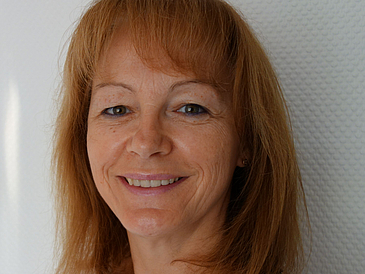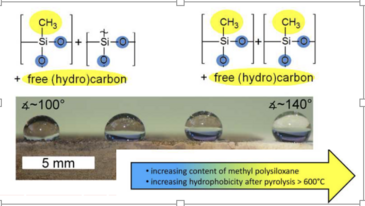Conditioning of new materials for efficient removal or conversion of environmentally harmful pollutants and greenhouse gases requires optimization of the material on different size scales. In addition to the molecular composition and the resulting surface properties, an adapted porosity plays a crucial role for many processes. SiOC ceramics made of preceramic polymers represent an interesting class of materials that can be flexibly adapted to different requirements. The presentation gives an introduction to this material class and shows applications in the field of gas purification (adsorption), pollutant conversion (catalysis) or wastewater treatment with and without simultaneous energy recovery.
Dr. Michaela Wilhelm received her PhD in chemistry from Carl-von Ossietzky University Oldenburg (Germany) in 2001. Since 2002 at the University of Bremen, she is now group leader of the "Polymer-derived Ceramics" group of the Advanced Ceramics Group, where she simultaneously coordinated the DFG Research Training Groups PoreNet (GRK 137) and later MIMENIMA (GRK 1860), in which her research was also embedded. Her research focuses on the development of highly porous, multifunctional ceramics and hybrid materials derived from organic-inorganic polymers such as polysiloxanes and polycarbosilanes for applications in separation and energy conversion technologies as well as catalysis.



